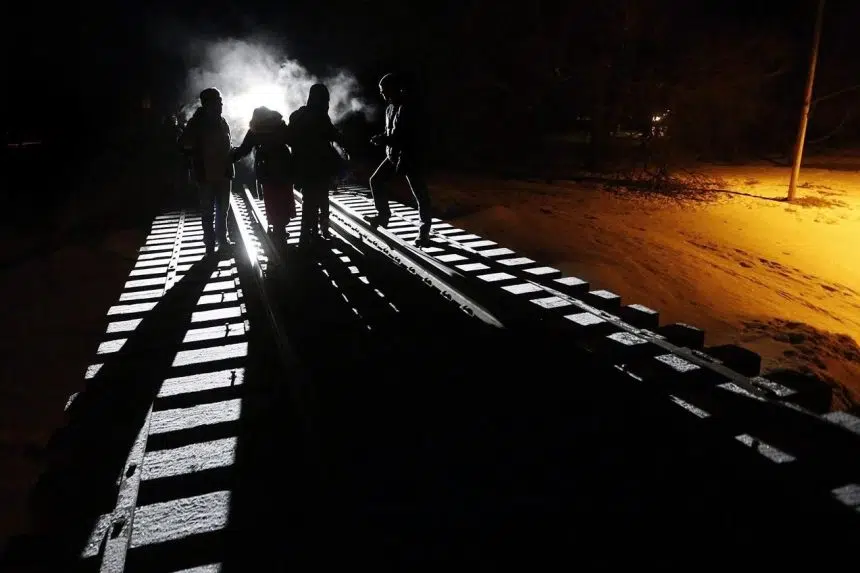Multiple options for appeals, diplomatic difficulties and changing global conditions mean only a small fraction of the people who’ve crossed into Canada from the U.S. between border points to seek asylum here are being deported if they fail to get refugee status.
Statistics from the Canada Border Services Agency show that as of Sept. 27, 843 people had been removed from Canada, and a further 671 people were awaiting removals after exhausting all their options to stay in the country.
Since February 2017, about 45,000 people have requested asylum in Canada after entering the country between formal border crossings.
Fewer than half their asylum claims have been heard; the Immigration and Refugee Board is dealing with historically high numbers of applications and wait times for decisions have soared.
So far, according to the board, 85 per cent of the border crossers who’ve lost their initial bids for asylum have contested the decisions before the board’s appeal division.
That means deportation proceedings for 6,600 people or more have been put on hold.
“In a significant number of files, the agency is not in a position to commence removal proceedings for other reasons,” CBSA spokesperson Rebecca Purdy said in an email.
Those include the right for some failed asylum seekers to ask not to be deported on the grounds they’d face danger at home, and a current pause on deportations to Haiti – No. 2 on the list of countries from which the border-crossers are seeking asylum.
There’s also the challenge of getting countries to issue travel and identification documents for those being deported.
As an example, a 2018 internal CBSA report flagged that as an issue for crossers from Venezuela, which is in the midst of major civil upheaval.
“Deteriorating diplomatic ties may cause issues with removals if Venezuelan nationals are not in possession of their travel documents after crossing (between the ports),” the document noted.
Canada closed its embassy in Venezuela earlier this year.
Both the Conservatives and New Democrats have campaigned this election on addressing the border-crosser issue by changing a deal with the U.S. that doesn’t let people file claims for asylum at official entry points between the two countries.
Both parties want to change the situation but in opposite ways – the Tories to bar irregular crossers from making asylum claims, the NDP to allow them to just make applications at regular border offices.
The Liberals have said they’ve been talking to the U.S. about the Safe Third Country Agreement but no new deal has materialized. The party has expanded intelligibility rules for refugee claims, and in the 2019 budget also allocated millions for the IRB to help address the volume of cases.
The Conservatives have also pledged to hire an additional 250 CBSA officers to deport those deemed inadmissible to the country.
Stephanie Levitz, The Canadian Press







